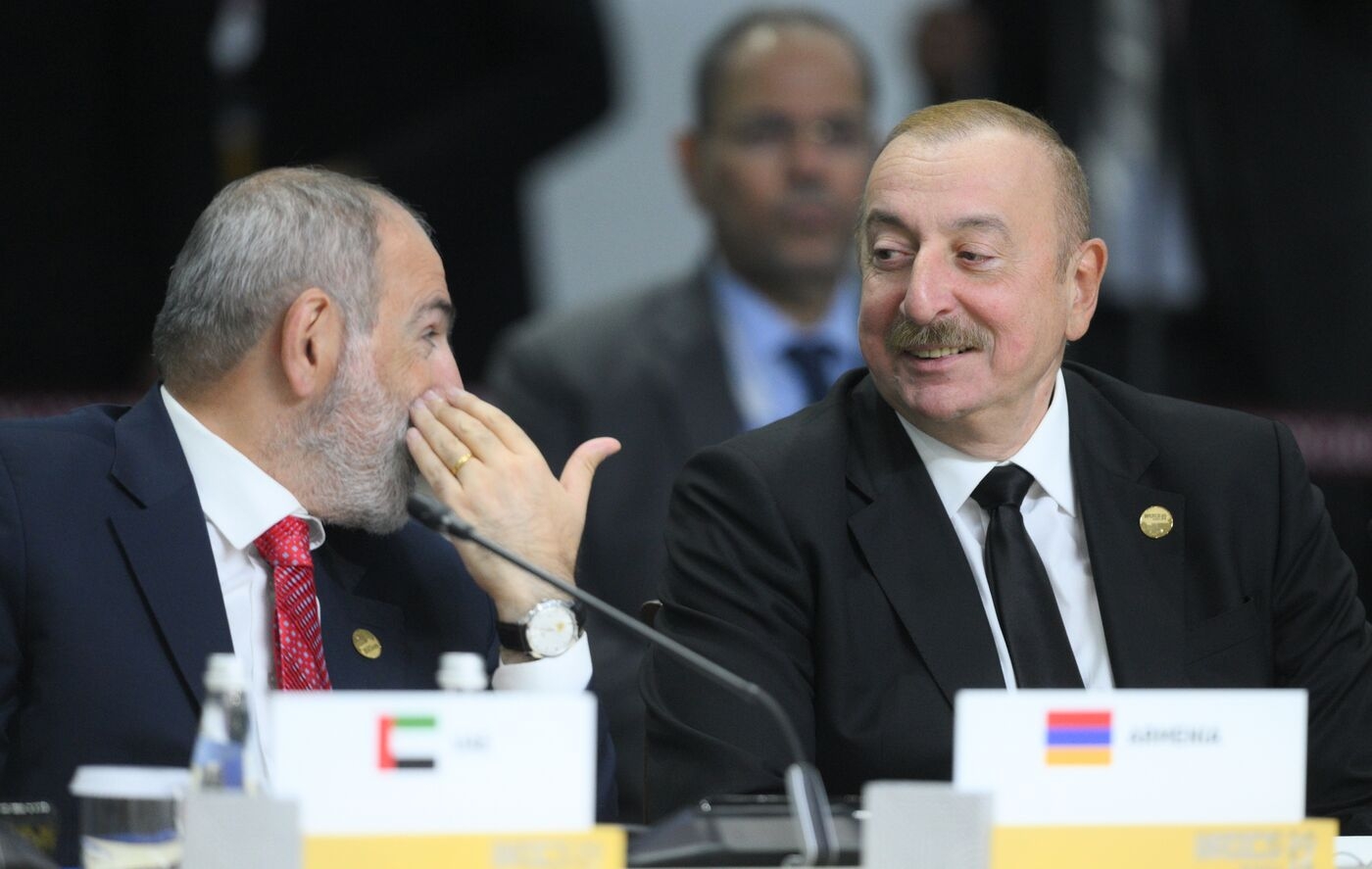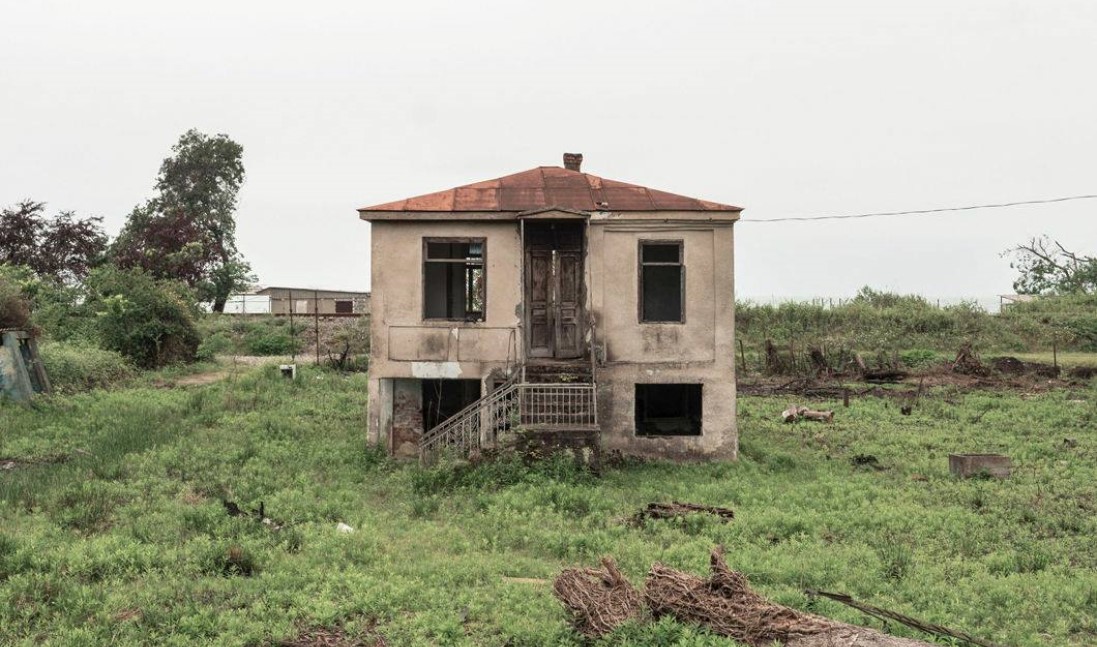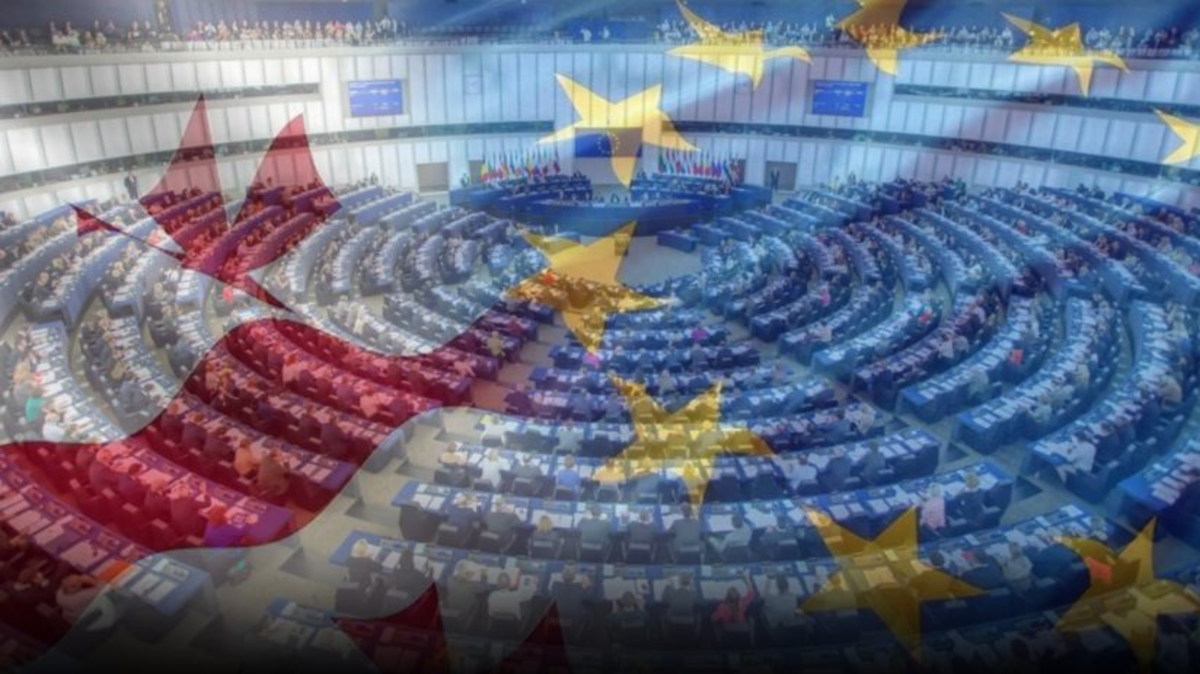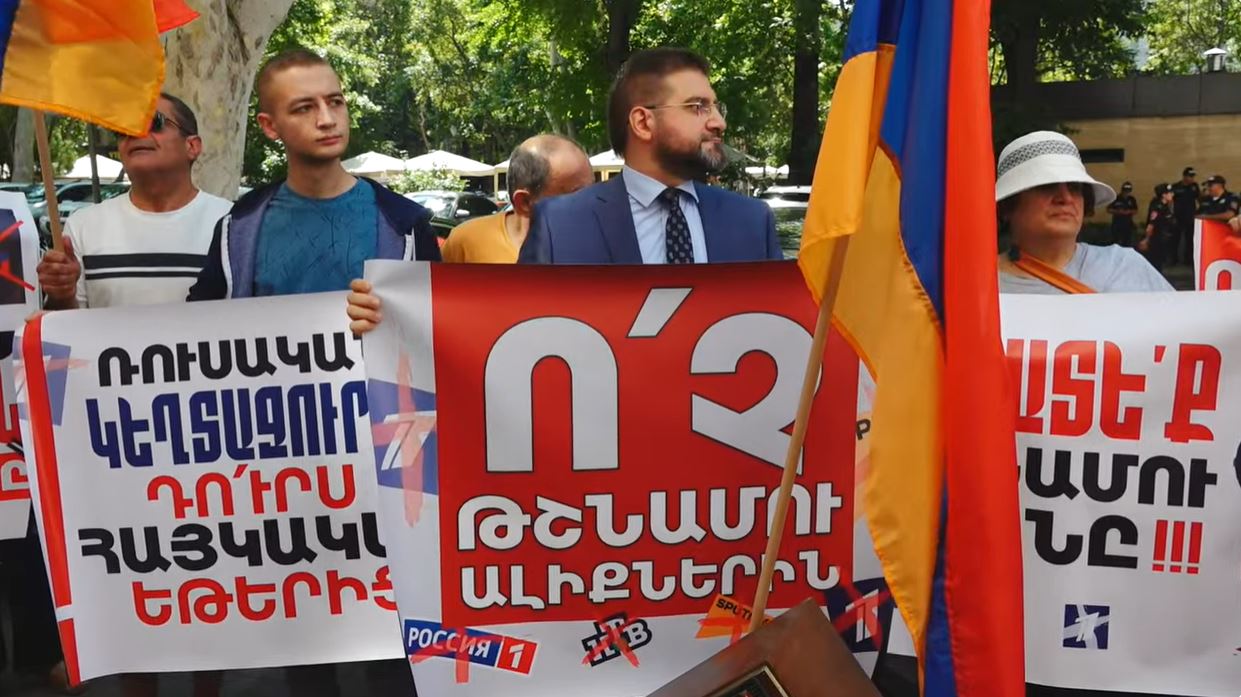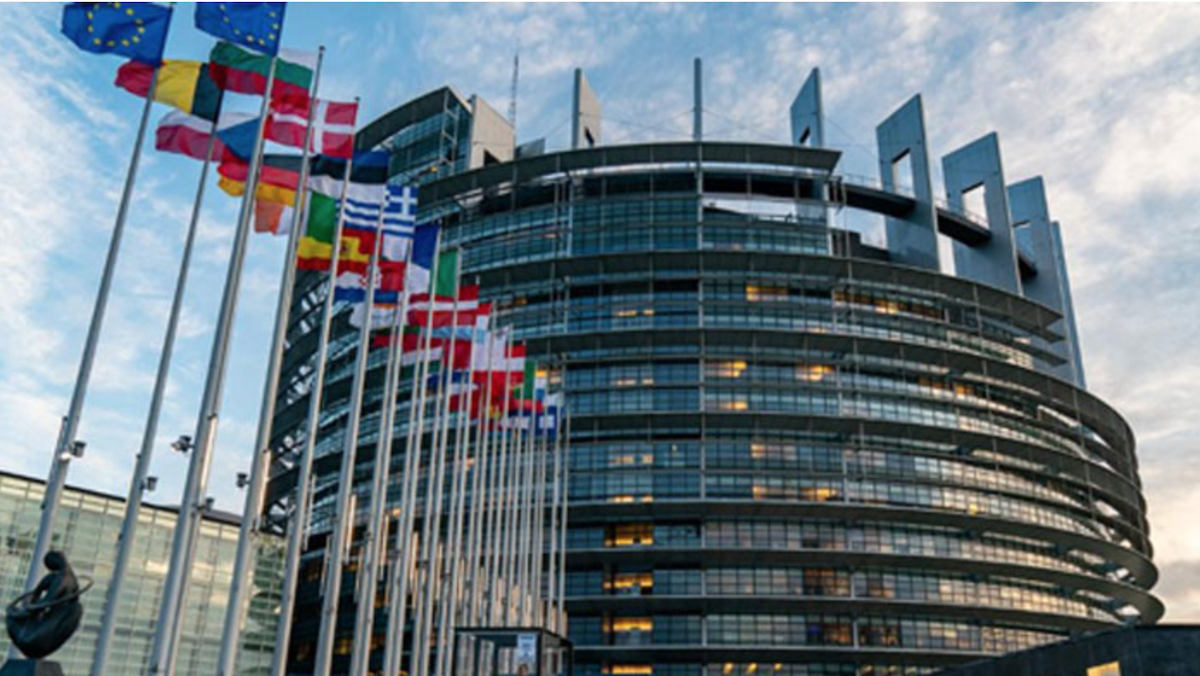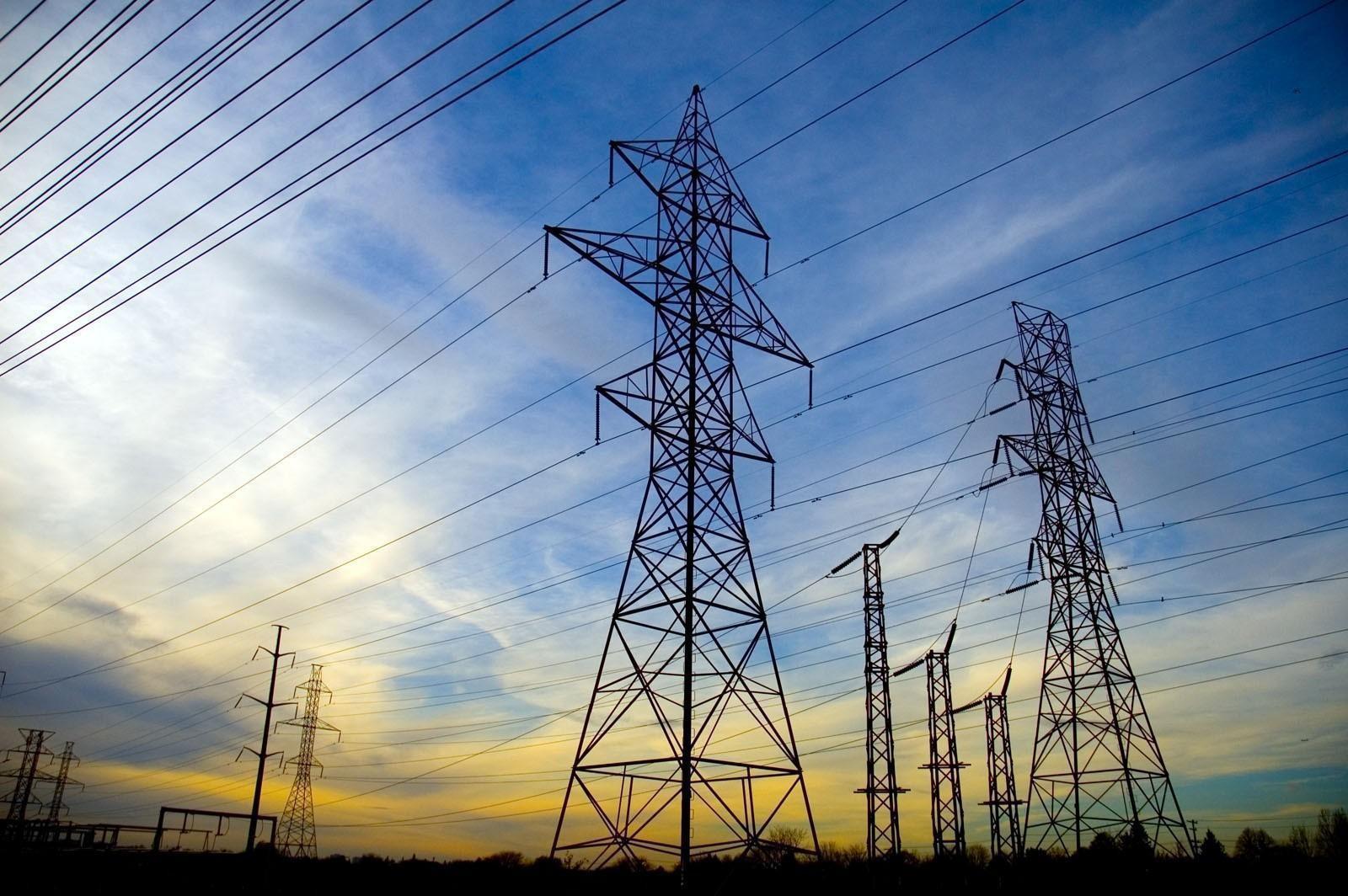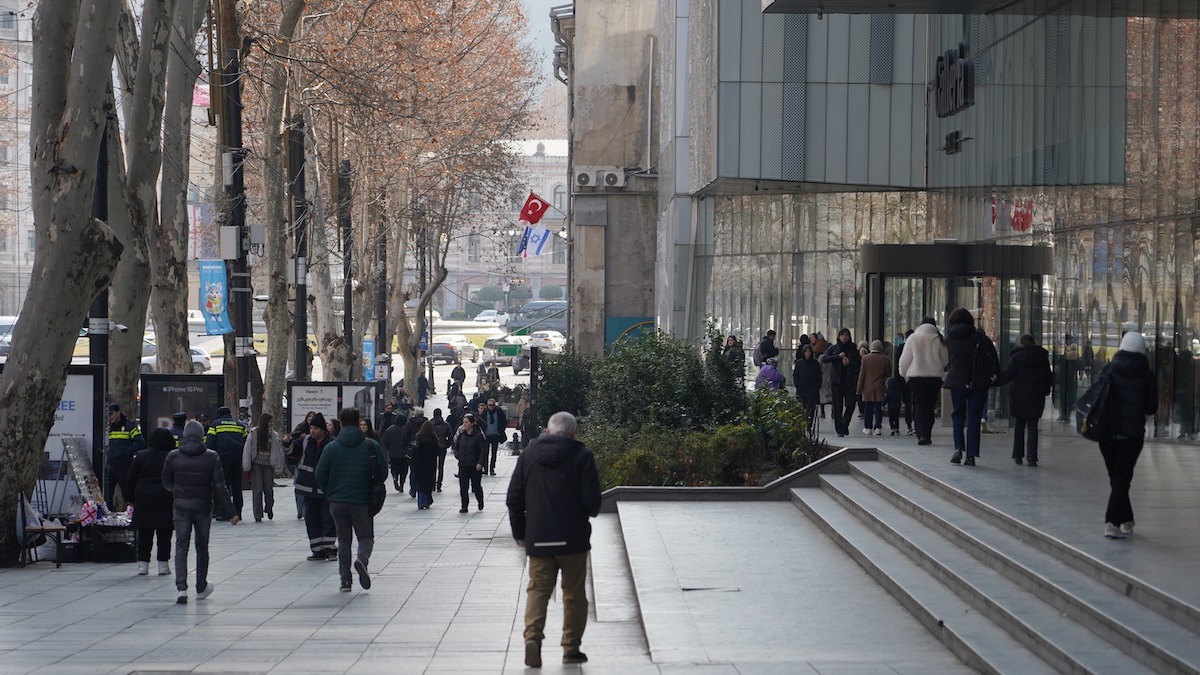Op-ed: the Georgian-Abkhaz dead-end
The Georgian law on occupied territories in regard to Abkhazia
Georgia, Abkhazia and South Ossetia were unable to reach consensus, not even verbally, on the non-use of force agreement. Tbilisi continues to insist that Abkhazia is an occupied territory and is consequently not a party to the conflict: it is Russia that must take on the responsibility of signing the agreement.
This logic seems to suggest that there is no Georgian-Abkhaz conflict. Regardless of the internal political landscape of Georgia, the starting point that the issue lies within the Kremlin, has not been subject to revision.
Under Eduard Shevardnadze, this course was supported mostly on the level of rhetoric. Mikheil Saakashvili, who toppled Shevardnadze, gave the latter’s words judicial force. The cold-blooded replacement of the emotional Saakashvili by Bidzina Ivanishvili with his Georgian Dream party also decided not to change the narrative in the country either.
- Abkhazia-Georgia: line of demarcation – a quarter century after the war
- Op-ed: Georgia-NATO, 10 years of walking in circles
- Op-ed: Syria recognized Abkhazia out of gratitude towards Russia. How will this help Abkhazia to develop?
As a result, Tbilisi appeased national pride, and voluntarily and seemingly forever decided not to resolve the conflict with the Abkhazians. Abkhazia was deemed occupied by Russia but for some reason sanctions weren’t brought into play against the aggressor, but rather against the victims – Abkhazia and its citizens.
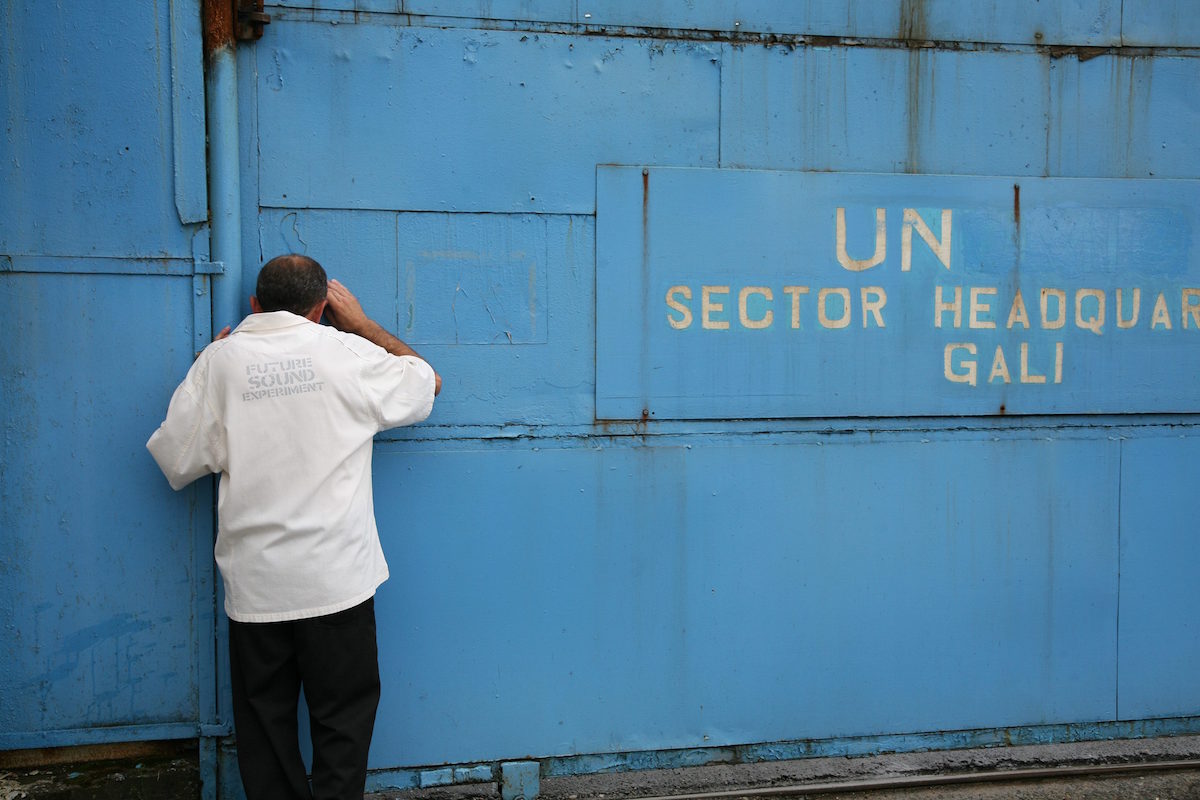
Of course, we must admit that there have been a lot of proverbial carrots to compensate for the use of the whip – but these carrots, of which the only benefit was free health care for Abkhazians at Georgian clinics – pursues one aim only, and that is to regain the hearts and minds of the Abkhazians and force them to turn away from Russia.
This policy has not had any real meaning. Even those Abkhazians who are forced to get treatment at Georgian clinics do not feel any gratitude, and instead think: “they drank our blood…let them treat us now.”
This is already the tenth year since the passing of the law on the occupied territories, and we can make an interim evaluation of this policy. Having spent so much energy on blocading Abkhazia and its own enormous assets and those of others, Tbilisi officials have been unable to get Abkhazia to come even a millimetre closer to Georgia.
In fact, things have turned out to be quite the opposite. The attempt to use international pressure to regain Abkhazia and win back the minds of the people and convince them to forget about Russia has failed.
It wasn’t that long ago that while speaking about a timeframe for returning Abkhazia to Georgia, the Georgian authorities said: tomorrow, well, in the worst case, the day after tomorrow. However, now not even one straight-thinking Georgian politician or even a single expert would dare to touch on the theme of concrete timelines. There are none, and there can’t be.
Another reason for Georgia to insist on its own interpretation of ‘occupation’ is to annoy Russia. Georgia has long-standing unsettled scores with Russia. The West, in the current situation in which the new ‘cold war’ has become a reality, has eagerly accepted this policy of isolating Abkhazia – they didn’t have to be convinced. This policy is well outlined in the package of “anti-Russian measures”.
However, if one takes a sober look at the results of the law on occupation, and if one looks at the reality, and not how see it as one wants it to be, it is easy to see that this law is neither anti-Russian nor pro-Russia.
Of course it was impossible to completely isolate Abkhazia from the outside world. Russia recognised Abkhazia’s independence and took upon itself the obligation to not only defend the Abkhaz but to help them develop. In doing so, it automatically became a sort of window into the outside world – even if it is limited in scope and width, barely covering one sixth of the land mass area.
Toponyms and terminology used in the article, and views, opinions and strategies they contain do not necessarily reflect the views and opinions of JAMnews or any employees thereof. JAMnews reserves the right to delete comments it considers to be offensive, inflammatory, threatening, or otherwise unacceptable












